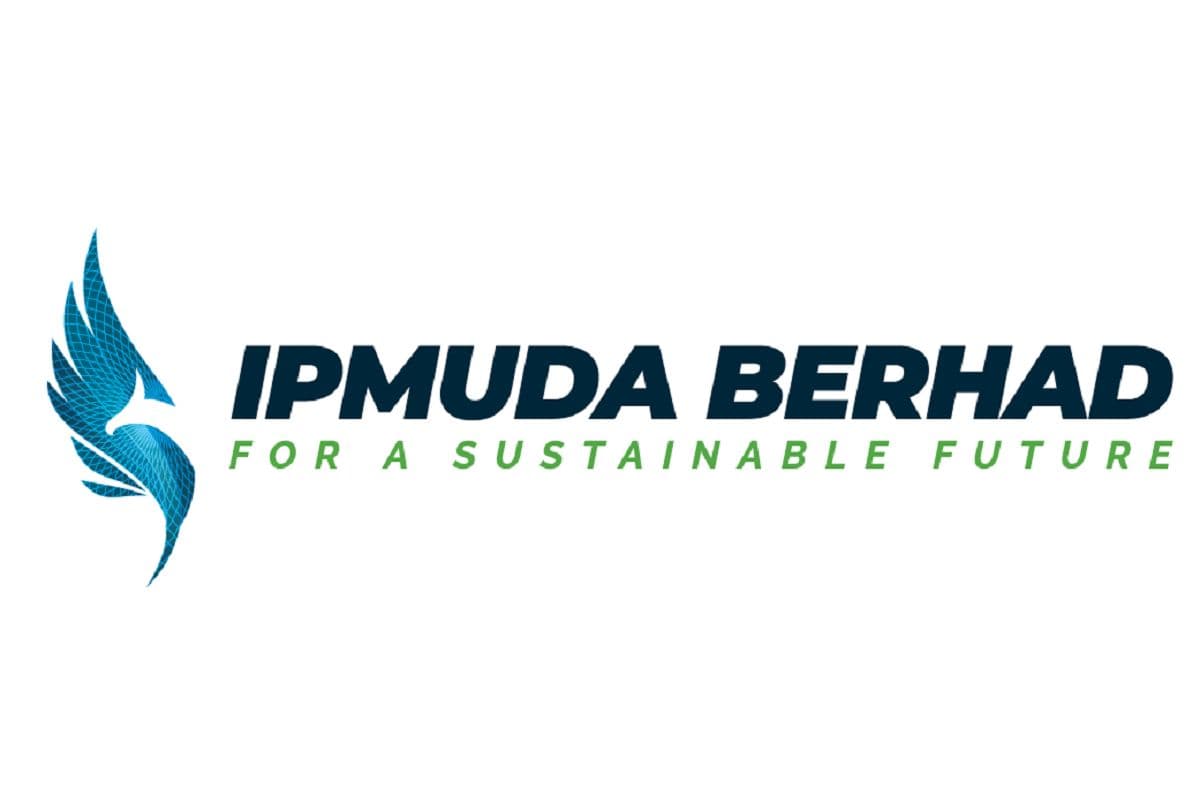
This article first appeared in The Edge Malaysia Weekly on December 20, 2021 - December 26, 2021
IPMUDA Bhd, which will be known as Jentayu Sustainables Bhd with effect from Jan 10 next year, aims to be a pure renewable energy (RE) play in three years, with a slew of RE projects in the pipeline primarily in Sabah.
However, Ipmuda executive chairman Datuk Beroz Nikmal Mirdin, who is from Sabah, qualifies that Ipmuda is not jumping on the RE bandwagon just to be seen as having good environmental, social and governance principles. “I have been involved in RE for a long time, and Ipmuda is a platform for us to expand on these RE assets, which will be injected from my private companies into the listed company, and we intend to grow these assets in the listed company.
“The change of name of the company itself testifies to our commitment to sustainability, and RE is something that falls within the sustainability gambit,” he tells The Edge in a recent interview.
In June, the group announced a proposal to acquire Telekosang Hydro One Sdn Bhd and Telekosang Hydro Two Sdn Bhd, together with the Telekosang Hydro One ASEAN Green Junior sukuk, with a collective enterprise value (EV) of RM653 million. The Telekosang group is currently developing a 40mw small hydropower plant project in Tenom, Sabah. Ipmuda also signed an agreement to acquire Jentayu Solar Sdn Bhd, which has an EV of RM47.1 million. Jentayu Solar owns and operates a 5.99mw solar power plant in Pokok Sena, Kedah.
The acquisitions are related-party transactions as Telekosang Hydro One, Telekosang Hydro Two and Jentayu Solar are private companies owned by Beroz and his wife, Datin Nurhaida Abu Sahid, the daughter of Maju Group executive chairman and former major shareholder of Ipmuda, Tan Sri Abu Sahid Mohamed. The assets will be acquired via the issuance of Ipmuda shares.
“We are not taking any cash for the assets, so the mechanism to pay for these assets will be via Ipmuda shares. So, effectively, after the exercise is completed, my wife and I will own approximately a little north of 60% of Ipmuda shares (from 27% currently), and hopefully by then [with the assets contributing to group revenue] we would have gained the confidence of institutional investors, so our plan then is to pare down our stake,” he tells The Edge.
On the timeframe for these assets to be injected and to start contributing to group revenue, Beroz said it would depend on how fast the group could obtain all relevant approvals for its corporate exercises — first from the Securities Commission Malaysia (SC) and then from its shareholders at an extraordinary general meeting.
“Our hydropower plant is already at 92% completion, but we only plan to onboard it into Ipmuda once the facility is already commercialised and has completed one cycle of billing. As for the solar asset, it has been operating for two years, so it’s a running asset. So, once we get the approvals, it can start contributing to group revenue.
“We hope to get all the relevant approvals by the end of our second financial quarter ending Dec 31, 2022 (2QFY2022),” says Beroz.
Last Wednesday, Ipmuda announced that it had received the Sabah government’s approval for its proposal to develop two hydro plants in Sipitang with total capacity of 160mw.
The state government gave the green light to the group for “exclusive water and land rights to develop run-of-river hydroelectric cascading schemes” in Sungai Maligan and Ulu Padas, Sipitang, with installed capacity of 31mw and 129mw respectively. Ipmuda’s wholly-owned subsidiary, Oriole Power Sdn Bhd, has entered into agreements with Kumpulan Yayasan Sabah’s (KYS) indirect subsidiaries to jointly carry out the two projects.
For the Sungai Magilan project, Oriole is setting up a 70:30 joint venture (JV) company with Inno Hydropower (M) Sdn Bhd.
For the Sungai Padas project, Oriole will set up a 70:20:10 JV company with Elopura Power Sdn Bhd and Petrosabah Sdn Bhd.
Apart from RE, the group also has plans to venture into the healthcare space with its proposed acquisition of Ohana Specialist Hospital, a 30-bed private hospital located in Seri Rampai, Kuala Lumpur, with an EV of RM18 million, which specialises in obstetrics and gynaecology.
“Healthcare is something that we look to develop in a short timeframe. We are to looking to grow Ohana’s beds to around 100 to 150 by acquiring other hospitals,” says Beroz.
As for Ipmuda’s trading business, which involves the supply of customised building materials, Beroz says this will be gradually phased out once the RE assets are fully injected into the company.
The loss-making group, had a gearing of 127% as at Sept 30, 2021, which it is in the process of paring down via the disposal of non-core assets. Its shares closed at RM1.90 last Friday, for a market capitalisation of RM192.8 million. Year to date, its share price has appreciated by 137%.
Save by subscribing to us for your print and/or digital copy.
P/S: The Edge is also available on Apple's AppStore and Androids' Google Play.